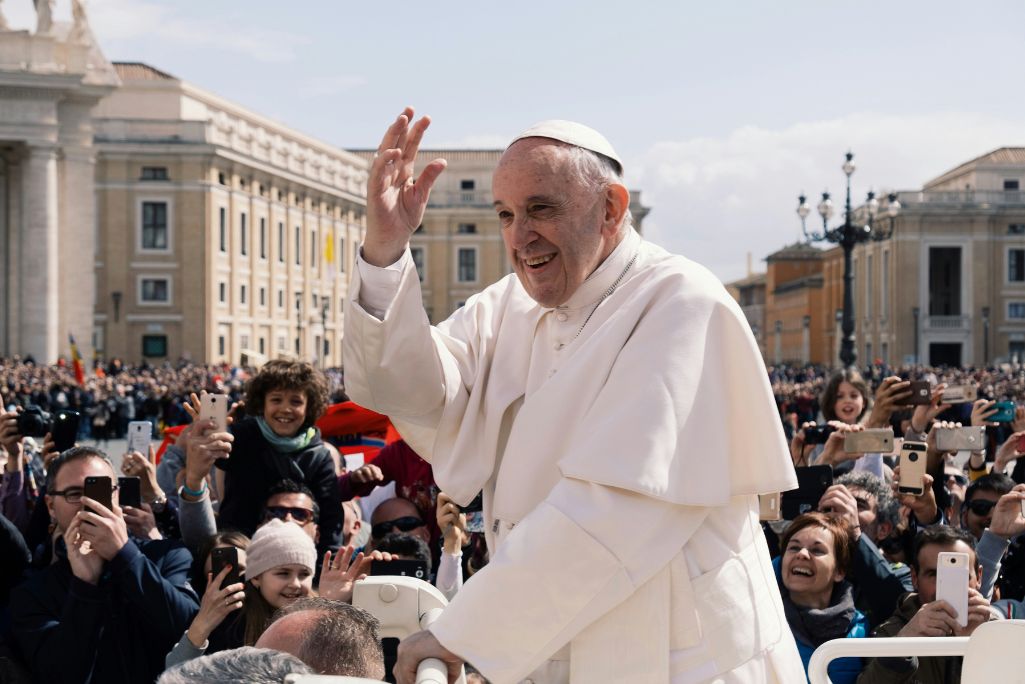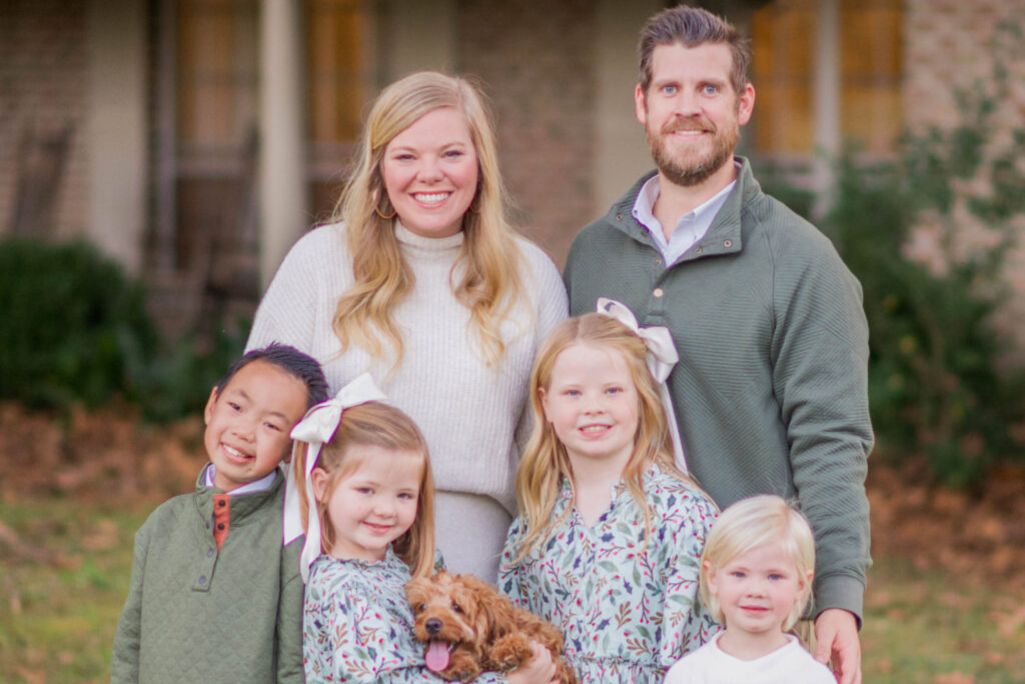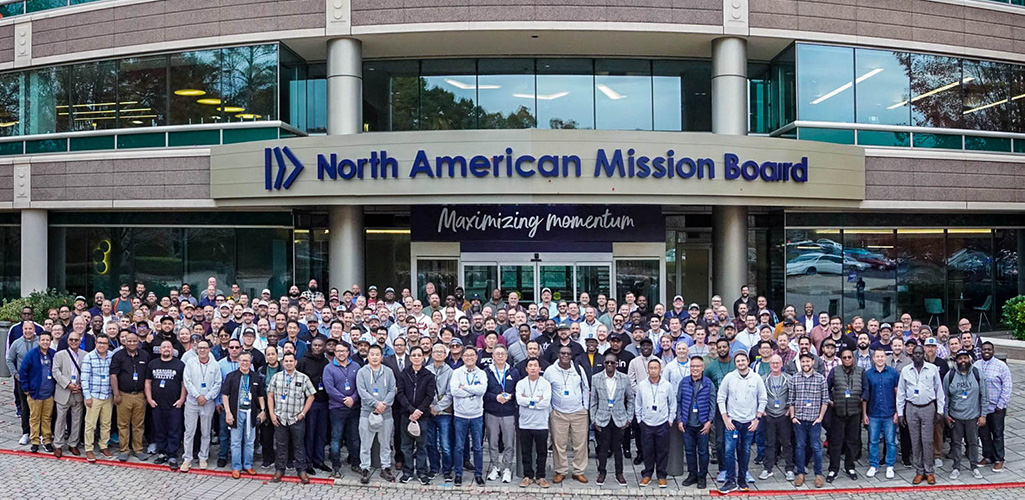
ROME (BP) — Pope Francis died at 7:35 a.m. on April 21 at his home of a stroke and irreversible heart failure, the Vatican announced. The news came a day after the pontiff’s Easter address, read with assistance, called for peace in war zones including Gaza, Ukraine and Sudan.
Francis, 88, led the Catholic Church for 12 years. Born Jorge Mario Bergoglio, he died three weeks after he was discharged from a month-long hospitalization for a life-threatening respiratory infection.
He was known by many Catholics as “the people’s pope” for his outreach to the least, the disparaged and the hurting. His efforts to bridge ecumenical divisions in Christianity — including outreach to evangelicals and Pentecostals — were met with caution from others within the Catholic Church.
U.S. Vice President J.D. Vance, who converted to Catholicism in 2019, greeted the pope briefly on Easter during a visit to the Vatican the day before Francis’ death. Posting condolences on social media, Vance recalled a message Francis delivered during the COVID-19 pandemic in March 2020 as most memorable.
“My heart goes out to the millions of Christians all over the world who loved him,” Vance wrote. “I was happy to see him yesterday, though he was obviously very ill. But I’ll always remember him for the below homily he gave in the very early days of COVID. It was really quite beautiful.”
President Donald Trump ordered federal and state flags flown at half-staff in Francis’ honor, calling him a good man who worked hard and loved the world.
Francis was elected after the resignation of Pope Benedict XVI in 2013 and entered the papacy when the church needed clear leadership which, according to Southern Baptist Theological Seminary President Albert Mohler, Francis evaded.
“Francis will go down in history as the pope of liberal gesture — the vicar of equivocation,” Mohler wrote. “Just when his church needed a firm hand and intellectual firepower, he responded with a shrug.”
As an example, Mohler offered an exchange he described as the most controversial and symbolic of Francis’ papacy, spoken on an airplane in 2013.
“Francis responded to a reporter’s question about a ‘gay lobby’ inside the Curia. Francis startled the reporters by saying, ‘I haven’t found anyone with an identity card in the Vatican with the word gay on it.’ He then continued: ‘But if someone is gay and is searching for the Lord and has goodwill, then who am I to judge?’
“The Catholic answer to that ridiculous question was clear: You are the pope, for crying out loud. What good is a pope who doesn’t pope? It is one thing for Pope Francis to present himself as less monarchial in terms of trappings of office. It is an altogether different thing to present himself as a pope who seemed to have no concept of the weight of his office or the magnitude of the issues it faced.”
Instead, Mohler said, Francis “never delivered on the big questions,” but only “suggested doctrinal changes” while sometimes only appearing “ready to make binding declarations.”
Just hours before his death, Pope Francis sat in a chair on the central loggia of St. Peter’s Basilica too weak to personally deliver his Easter message as Archbishop Diego Ravelli, master of pontifical liturgical celebrations, read the message that seemed to encapsulate the pontiff’s latest calls.
“I express my closeness to the sufferings of Christians in Palestine and Israel, and to all the Israeli people and the Palestinian people. The growing climate of anti-Semitism throughout the world is worrisome,” the Pope said in his message. “Yet at the same time, I think of the people of Gaza, and its Christian community in particular, where the terrible conflict continues to cause death and destruction and to create a dramatic and deplorable humanitarian situation. I appeal to the warring parties: call a ceasefire, release the hostages and come to the aid of a starving people that aspires to a future of peace!”
He prayed for Christians in Lebanon and Syria, and remembered those suffering in Yemen.
“May the risen Christ grant Ukraine, devastated by war, His Easter gift of peace,” the Pope included in his message, “and encourage all parties involved to pursue efforts aimed at achieving a just and lasting peace.”
Francis prayed for “peace and consolation to the African peoples who are victims of violence and conflict, especially in the Democratic Republic of the Congo, in Sudan and South Sudan,” and asked God to “sustain those suffering from the tensions in the Sahel, the Horn of Africa and the Great Lakes region, as well as those Christians who in many places are not able freely to profess their faith.”
Ukrainian President Volodymyr Zelenskyy wrote that Francis, “knew how to give hope, ease suffering through prayer, and foster unity. He prayed for peace in Ukraine and for Ukrainians. We grieve together with Catholics and all Christians who looked to Pope Francis for spiritual support.”
Former President Joe Biden, a lifelong Catholic, said Francis would be remembered as “one of the most consequential leaders of our time.”
“For decades, he served the most vulnerable across Argentina and his mission of serving the poor never ceased. As Pope, he was a loving pastor and challenging teacher who reached out to different faiths,” Biden posted on X. “He commanded us to fight for peace and protect our planet from a climate crisis. He advocated for the voiceless and powerless. He made all feel welcome and seen by the Church. He promoted equity and an end to poverty and suffering across the globe. And above all, he was a Pope for everyone. He was the People’s Pope — a light of faith, hope, and love.”
Francis’ funeral will be held within four to six days, according to church procedure, and the College of Cardinals is expected to convene in about two weeks to elect a new pope. The papacy remains vacant until the election is finalized.
(EDITOR’S NOTE — Diana Chandler is Baptist Press’ senior writer.)


